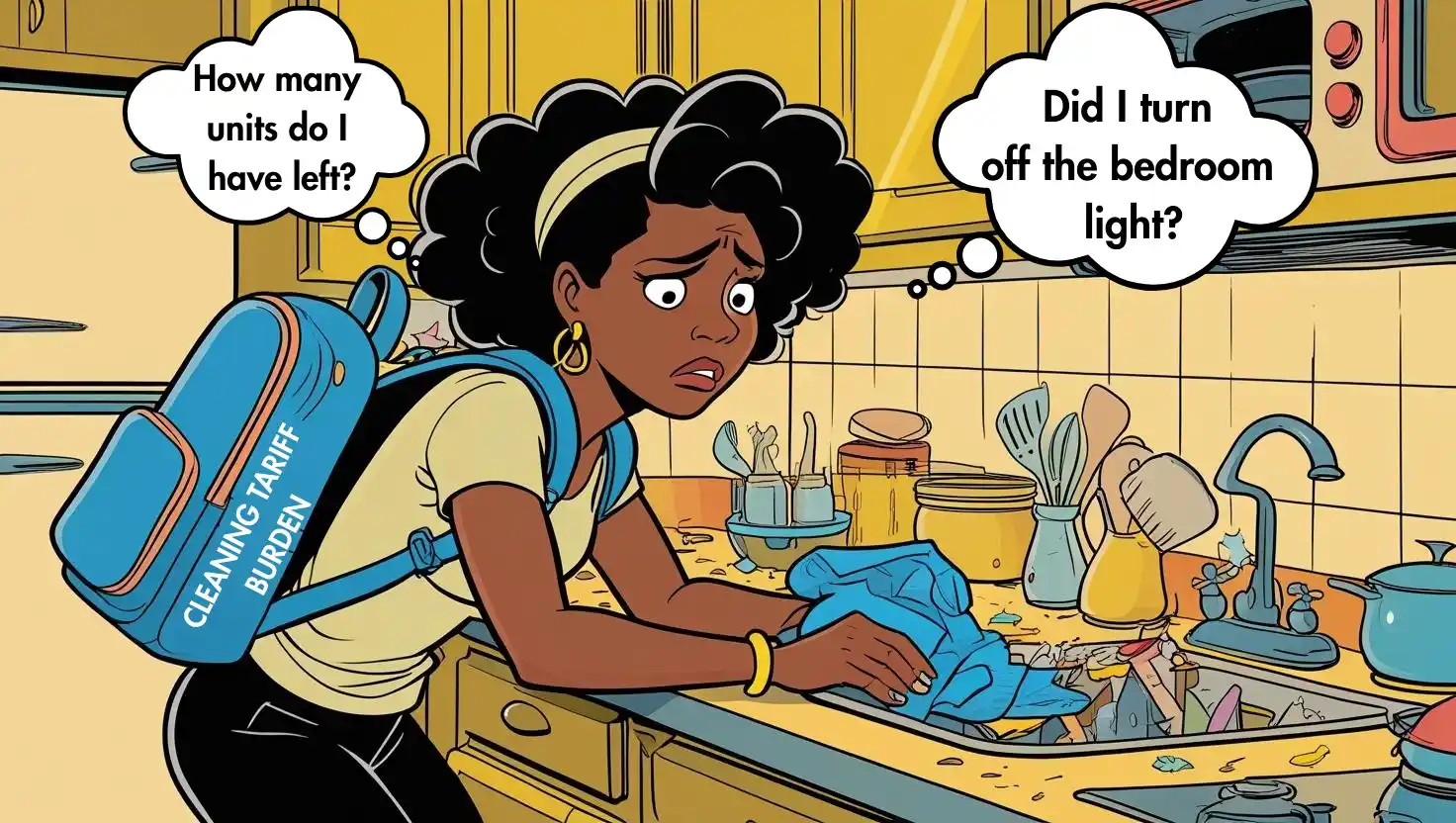
GOOD
May 22, 2025 at 04:28 PM
*CAPE TOWN’S BUDGET SHUFFLE: LAST CHANCE TO SPEAK UP*
By *Anton Louw*, GOOD City of Cape Town Councillor
With a week to go until the Cape Town Council votes on the draft budget, all signs point to it being pushed through by the DA majority. The only hope residents have of avoiding the burden of these new, steep tariffs is if DA ward councillors choose to listen to their communities and not simply toe the party line.
The City of Cape Town has stated that its proposed City-wide Cleansing Tariff is part of a broader Trading Services Reform Programme, led by National Treasury, aimed at improving the management and performance of trading services - specifically water and sanitation, electricity, and solid waste.
However, the City appears to be hiding behind this national initiative to prop up its dwindling electricity revenue, quietly shifting the financial burden onto residents through a new tariff. The City has pegged the new cleansing tariff to property values, a deeply flawed and regressive approach, especially in a city where property prices have skyrocketed by 141% since 2010, according to Stats SA’s 2023 Residential Property Price Index.
By linking service charges to property value instead of actual usage, the City is stripping struggling households of any meaningful ability to manage or reduce their utility costs.
In the City’s own Annexures on Tariffs, the new Cleansing Tariff is justified under the “polluter pays” principle, the idea that all waste generators should bear the cost of waste management. Yet, in the same document, the City admits it cannot accurately measure individual waste usage, and so it has chosen to link the tariff to property value. This approach is both arbitrary and punitive. It assumes, without evidence, that larger homes automatically produce more waste, ignoring the actual number of residents or their waste habits. Not to mention, the tariff isn't even based on refuse generated at individual homes. It’s meant to fund shared services like beach cleaning, street sweeping, and drop-off facilities. Meanwhile, the existing refuse charge, which is based on the number of bins per property, still remains on residents’ rates bills, making this new tariff feel less like a fair distribution of “polluter pays” and more like a double charge.
In 2024/25, the City of Cape Town is projecting a profit of R5.586 billion from electricity sales, what it refers to as a "contribution to rates." Now, the City claims to have shifted this contribution to the new Cleaning Tariff, yet it still expects to rake in R4.7 billion in profit from electricity sales this year alone. Add to that the R2.45 billion anticipated from the new Cleansing Levy, and the so-called "contribution to rates" jumps to a staggering R7.15 billion. Meanwhile, Cape Town residents are facing an average 22.6% increase in their municipal bills, with no improvement in basic services.
All the City has done is shuffle the numbers on your rates bill, without delivering the relief or accountability it promised.

👍
1